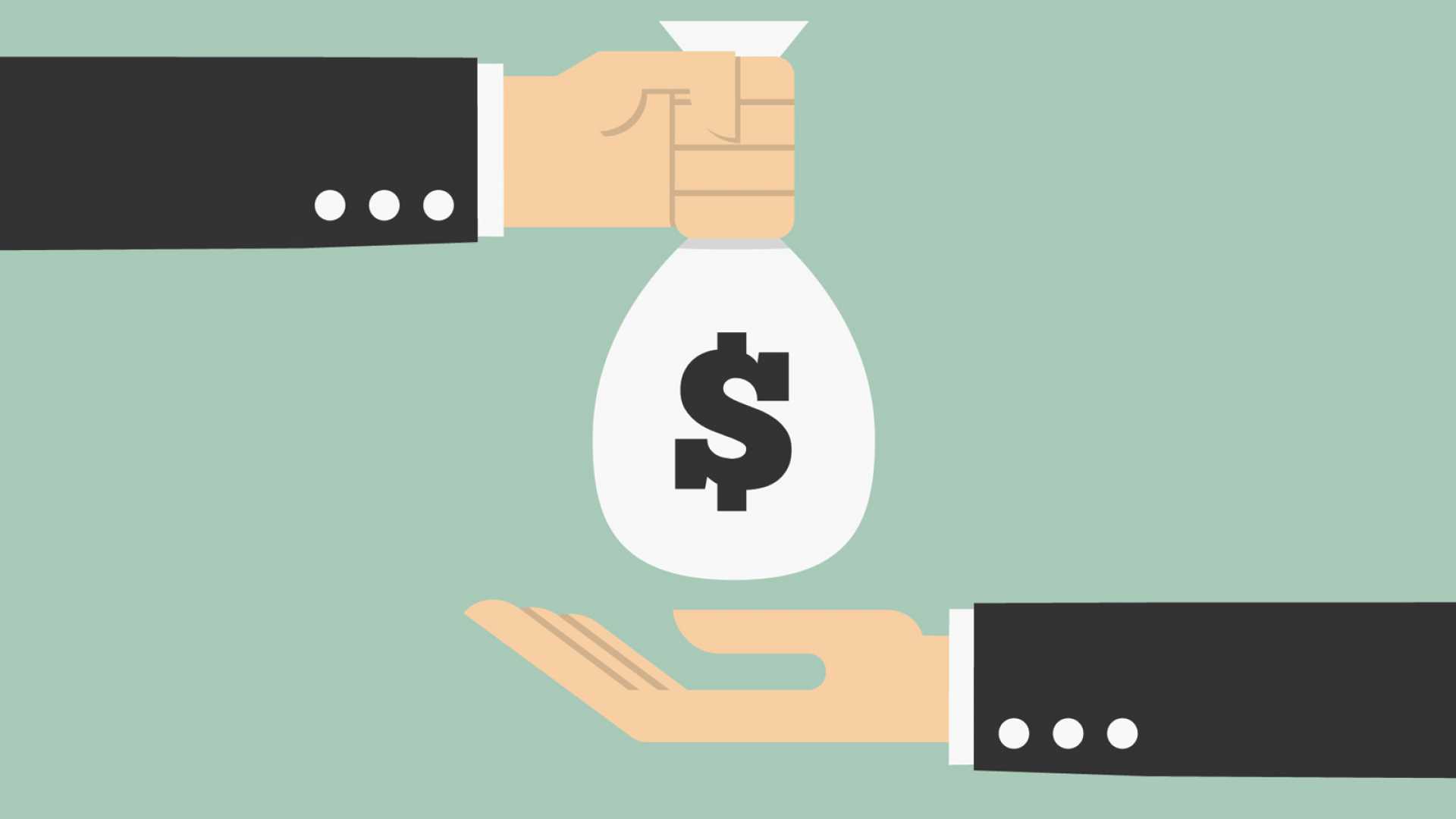Just How Pre Approval Student Loans Simplify Your Financial Planning
Just How Pre Approval Student Loans Simplify Your Financial Planning
Blog Article
The Function of Credit History in Getting Local Business Loans for Business Owners
In the competitive landscape of entrepreneurship, protecting a small organization car loan commonly depends upon the pivotal element of credit report. These ratings function as a numerical depiction of an entrepreneur's creditworthiness, influencing lenders' decisions and the terms supplied. A higher credit score can open doors to desirable funding conditions, while a reduced rating may provide considerable barriers. Yet, what exactly affects these scores, and exactly how can entrepreneurs strategically boost them to enhance their possibilities of safeguarding crucial funding? The answers to these questions hold the key to opening potential development opportunities for local business.
Recognizing Credit Scores
Credit report are essential numerical representations of a person's creditworthiness, acting as an essential consider financial decision-making for loan providers. These scores are derived from a detailed evaluation of a person's credit report, incorporating elements such as payment background, credit utilization, size of credit rating, new charge account, and sorts of credit utilized. Typically ranging from 300 to 850, greater ratings represent reduced risk to lenders, while reduced scores show higher threat.
The estimation of credit rating is accomplished by credit scores bureaus using proprietary formulas, with the most extensively identified versions being FICO and VantageScore. Each version might evaluate aspects a little in different ways, yet they all goal to supply a consistent measure of credit report risk. A solid credit report reflects the individual's integrity in taking care of financial debt, making prompt repayments, and maintaining a healthy and balanced balance in between credit utilized and offered credit score.
It is very important for individuals and entrepreneur to understand their credit report, as these figures can have far-reaching effects past personal financing. Regularly keeping track of one's credit record, remedying inaccuracies, and embracing sound monetary practices can significantly improve credit report, therefore enhancing the person's general monetary account and creditworthiness.
Significance for Funding Authorization
Comprehending one's credit history is foundational, as it plays a significant duty in the process of lending approval for small companies. Lenders utilize credit report as a main metric to assess the creditworthiness of candidates. A strong debt rating indicates a background of responsible economic behavior, suggesting to lending institutions that the candidate is likely to pay back the finance in a timely manner. A high credit rating rating can considerably boost a business owner's chances of safeguarding a loan with desirable terms, consisting of lower interest rates and more adaptable payment options.
On the other hand, a reduced credit report could indicate potential risk, leading lending institutions to either deny the lending application or enforce more stringent conditions. This makes it vital for entrepreneurs to be conscious of their debt standing, as it directly influences their capability to gain access to funding. Debt ratings serve as a standardized procedure that allows loan providers to streamline their decision-making procedure, making certain performance and consistency. As tiny businesses frequently require timely access to funds for development and sustainability, maintaining a robust credit rating rating comes to be vital. Thus, understanding and handling one's credit history is a critical element of planning for funding applications and achieving service success.
Factors Affecting Ratings
A number of factors add to the determination of a debt score, each playing a critical duty in shaping an individual's credit scores account. A high proportion of utilized credit history to readily available credit score can suggest financial overextension, adversely affecting creditworthiness.
Length of credit report additionally factors right into credit rating score estimations, with a much longer credit rating typically seen more positively. This metric supplies understanding into the person's long-term financial actions, providing lending institutions a broader point of view on their credit report administration skills. In addition, the kinds of debt being used are taken into consideration, as a mix of charge account, such as rotating credit rating cards and installment car loans, can demonstrate the ability to take care of different financial responsibilities.
Lastly, current credit history inquiries might affect ratings (pre approval student loans). Constant applications for new credit history can indicate monetary distress, hence negatively influencing ball game. Each of these components is important in the extensive assessment of a credit history, influencing a business owner's ability to secure a little company loan
Improving Your Credit Rating
Increasing one's credit history is similar to supporting a yard; careful focus to vital locations can produce significant enhancements. To start, making sure timely settlements on all charge account is vital. Payment background makes up a substantial portion of a credit rating; hence, establishing automated payments or reminders can help preserve consistency. Furthermore, minimizing financial debt degrees is vital. High credit score usage proportions, or the amount of credit scores utilized about the credit line, can adversely influence scores. Goal to maintain utilization below 30% of overall available credit.

Lastly, keeping older credit report accounts can favorably influence the average age of credit rating, which is one more aspect in racking up designs. While brand-new credit report inquiries ought to be lessened to prevent short-lived rating dips, responsible credit rating administration over time will naturally bring about score improvement, hence boosting qualification for desirable bank loan terms.
Different Funding Alternatives
Navigating the world of local business financing frequently requires discovering alternate options beyond typical small business loan. Business owners with less-than-ideal debt ratings might find these choices useful source not just a lot more easily accessible yet also customized to their distinct organization requirements. Among the most prominent choices are on-line lenders, which have proliferated in current years. These platforms usually offer quicker authorization processes and more adaptable terms than traditional banks, often thinking about variables past credit history, such as company efficiency and cash money circulation.
Additionally, microloans, usually given by nonprofit companies, cater to tiny businesses and startups. They provide smaller sized finance amounts with reduced passion rates, making them ideal for business owners who call for restricted resources.
Billing financing and merchant cash money advancements are also worth thinking about. The previous includes selling superior invoices to a loan provider at a discount, while the last supplies a bear down future sales. Both choices can enhance cash flow without the rigid credit rating needs of standard loans.
Final Thought

These scores are acquired from a thorough analysis of an individual's credit rating history, incorporating aspects such as repayment background, credit rating use, length of debt history, new credit score accounts, and kinds of credit rating utilized (pre approval student loans). A strong credit scores score shows the individual's dependability in managing financial debt, making timely payments, and maintaining a healthy equilibrium in between credit rating utilized and available debt

Report this page